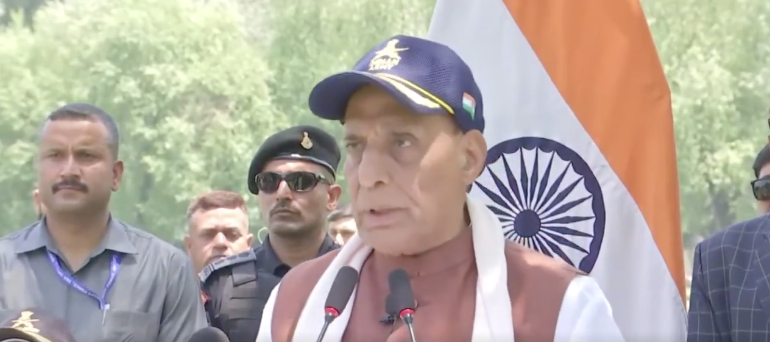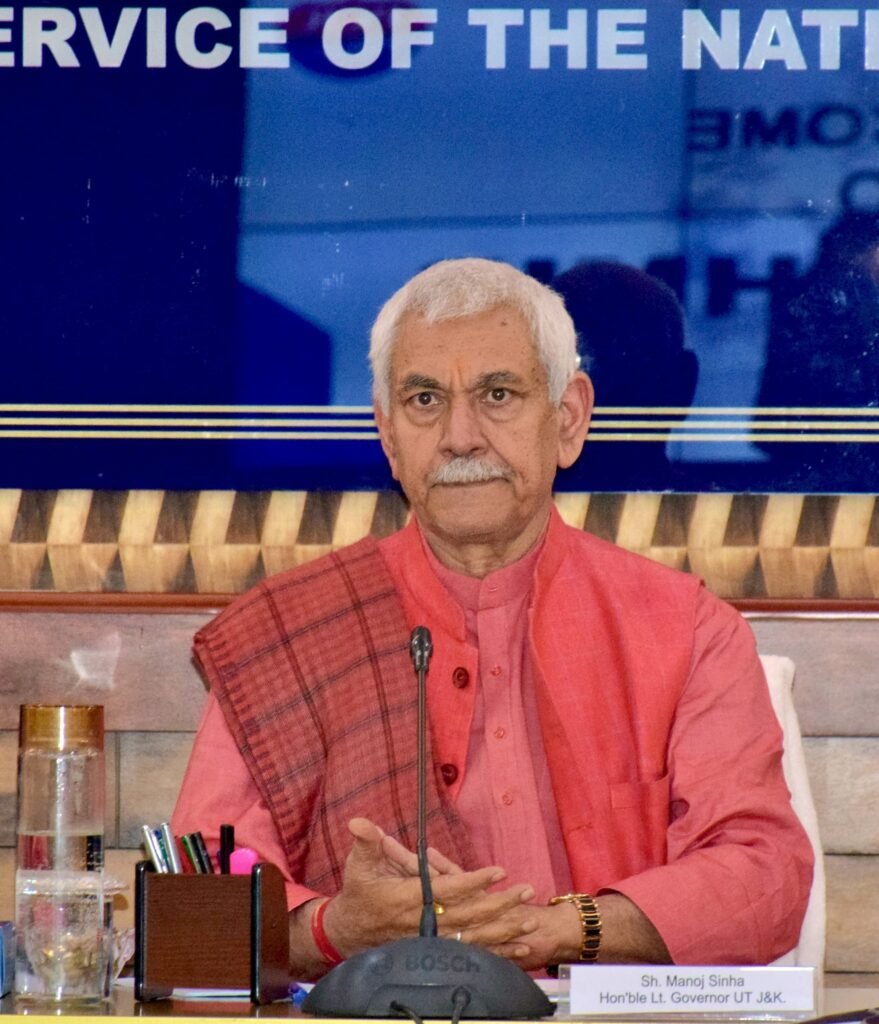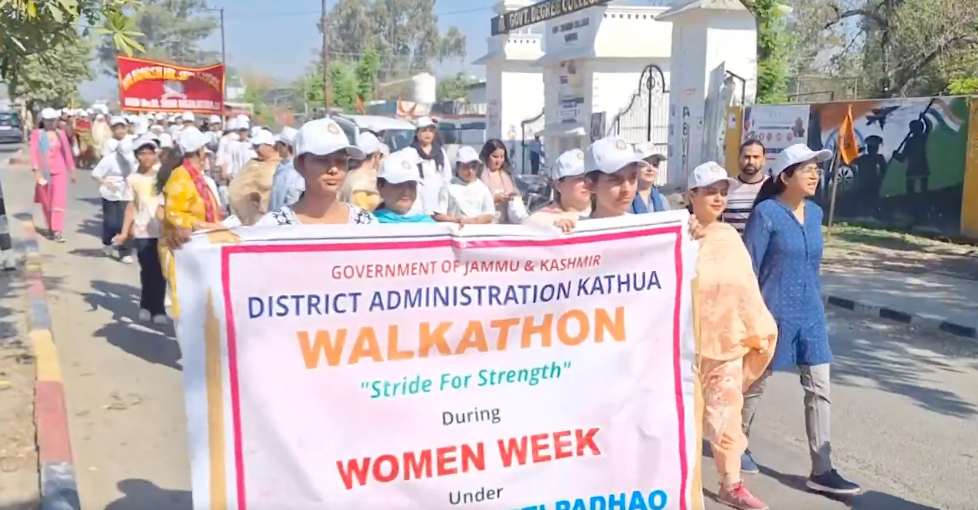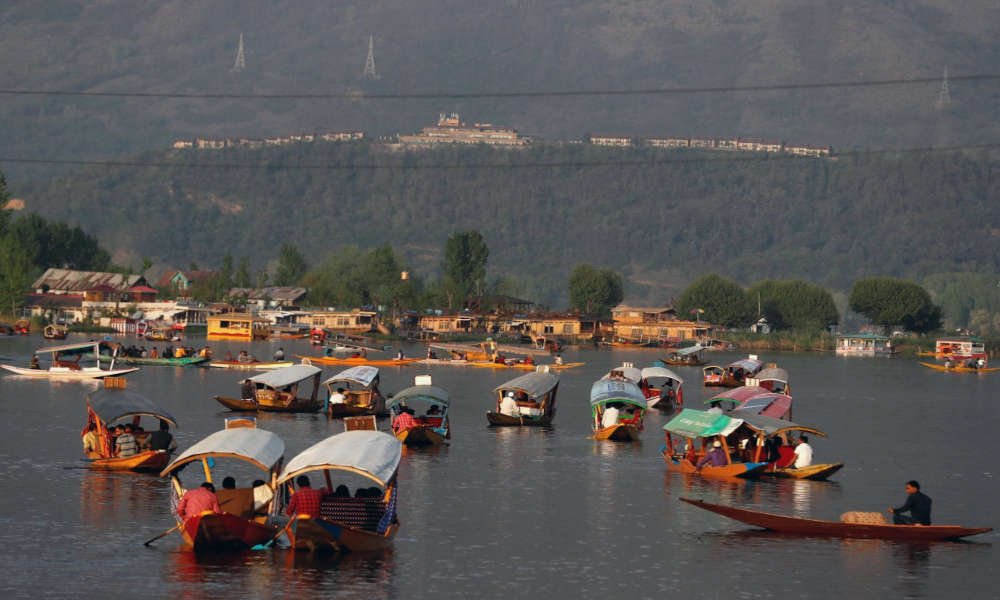Srinagar, May 15, 2025 – India’s Operation Sindoor, launched in response to the April 22, 2025, Pahalgam terror attack that killed 26 people, marks the nation’s most decisive action against terrorism in history. The operation targeted terrorist infrastructure in Pakistan and Pakistan-occupied Jammu and Kashmir , neutralising nine terror camps and over 100 terrorists in a 25-minute precision strike on May 7, 2025. Executed with indigenous BrahMos and Akash missile systems, the operation showcased India’s military and technological prowess.
For nearly 40 years, India has faced cross-border terrorism orchestrated from Pakistan. The Pahalgam attack, described by Prime Minister Shri Narendra Modi as an assault on India’s “forehead,” aimed to fracture social unity. Operation Sindoor struck back, targeting key military bases like Mushaf, Nur Khan, Murid, and Shorkot, crippling 20% of Pakistan’s air force assets. Modi, speaking in Srinagar, emphasised that Pakistan’s failure to honor its 2004 pledge to stop exporting terrorism has led to a heavy price, warning that continued terrorism will escalate costs further.
Modi redefined India’s counter-terrorism policy, declaring any terrorist attack on Indian soil an act of war. He ruled out dialogue with Pakistan unless it addresses terrorism and PoJK, stating, “Terrorism and dialogue will not go together.” The operation also dismissed Pakistan’s nuclear threats, which Modi labeled “irresponsible blackmail.” Defence Minister Rajnath Singh questioned the safety of Pakistan’s nuclear arsenal, urging the IAEA to take control, citing Pakistan’s reckless threats.
Despite speculation of radiation leaks from strikes near Kirana Hills, the IAEA confirmed on May 14, 2025, that no nuclear facilities were damaged. A US-brokered ceasefire on May 10 de-escalated tensions, though India rejected claims of mediation. The operation faced cyber retaliation, with Pakistan and China-backed hackers launching 1.5 million attacks on Indian infrastructure, largely thwarted by Indian defenses.
Operation Sindoor exposed Pakistan’s vulnerabilities and signaled that India will not tolerate terrorism. Modi warned terror groups like Jaish-e-Mohammed and Lashkar-e-Taiba, operating as The Resistance Front, that they are now Indian forces’ targets. India is pushing for The Resistance Front’s designation as a terrorist entity by the UN Security Council.
Domestically, the operation has been hailed as a triumph, with Modi honoring Indian Air Force personnel at Adampur air base. Internationally, it sparked debates about nuclear escalation risks. A Pakistani national, Abhay, publicly supported India’s actions, calling them “justice” for Pakistan’s role in terrorism.
Operation Sindoor has established a new national security doctrine, showcasing India’s resolve and self-reliance. As Modi stated, “Terrorist organisations and their masters should not consider themselves safe anywhere.” The operation warns Pakistan that further provocations will invite severe consequences, cementing India’s unwavering commitment to eliminating terrorism.











